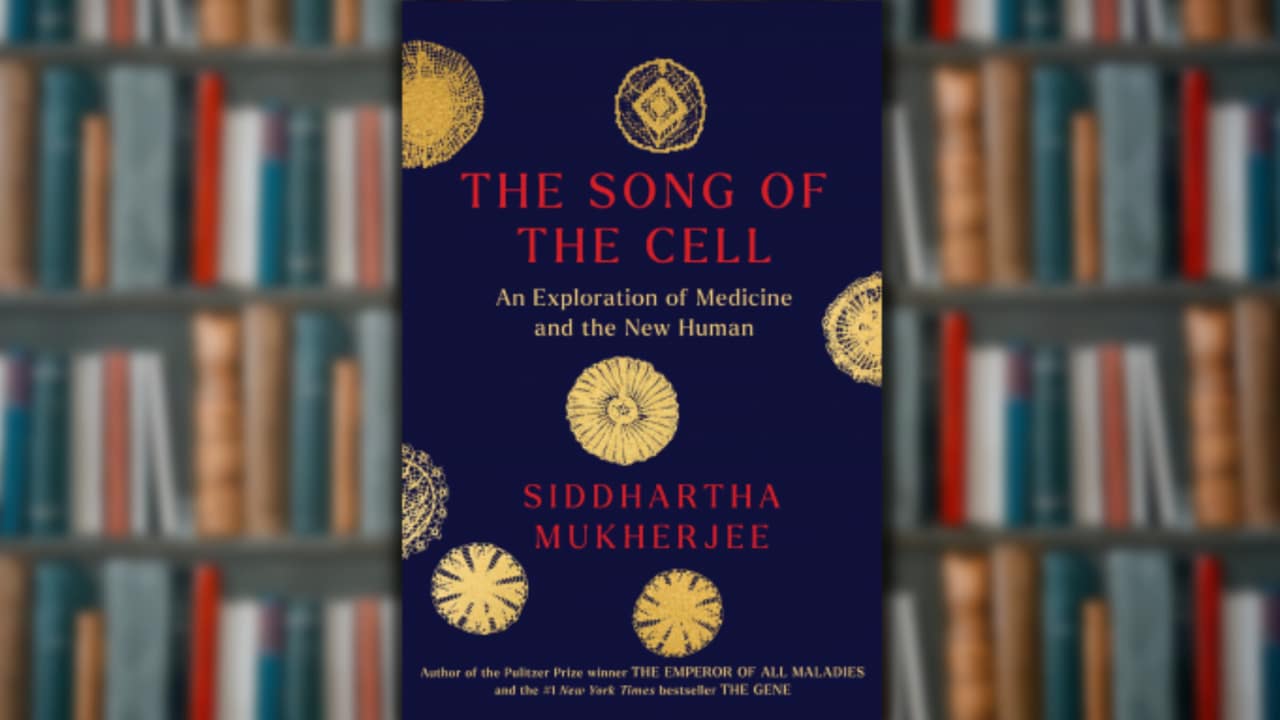Fun fact – the author takes us through the discovery and description of the cell, rather lyrically. So even if you’re familiar with the subject, prepare for a new treatment of it. And those who don’t have a background in science; there’s nothing to worry as you will nevertheless enjoy the narrative style.
BookStrapping insights
In the book, you become conscious of the fact that the author is talking about the ‘ imaginary song’ that cells play when they communicate with one another; this is the song of cellular civilization. These cells are communicating with each other in ways that we don’t know yet. In essence, this is an unknown song.
Mukherjee manages to provide a detailed account of the cell as well as a wide-ranging emphasis on its evolving role in science and medicine. It truly is a remarkable lens of exploration and insight into what makes us human, into the emergent properties that constitute life!
As the author himself relates, this book is a “sum of parts.” Six in total. He relates stories of patients whose lives have been touched by sickness – some of whom have been cured, others who haven’t – as well as the medical quest that has been underway for the last century to use cells to help rebuild and repair humans. Remember our review of Tony Robbins’ Life Force last year?
The author arranges things so as to help readers hear and understand how to see cells not only as the unit of life and physiology; but also as the locus of disease.
Those who love author Robin Cook’s style of writing will be delighted to see how exciting medical non-fiction can be, especially when told as a story.
In hindsight, it’s easy to think about the COVID pandemic as a result of cells, or systems of cells, functioning abnormally. But what’s to be expected of this new understanding of cells? Longer lives? Disease free living? Also, human beings’ new-found ability to manipulate cells and change their properties is bound to open new frontiers in medicine. To understand this better, refer our earlier review of Code Breaker by Walter Isaacson.
The future is exciting!
Reeta Ramamurthy Gupta is a columnist and bestselling biographer. She is credited with the internationally acclaimed Red Dot Experiment, a decadal six-nation study on how ‘culture impacts communication.’ On Twitter @OfficialReetaRG.
